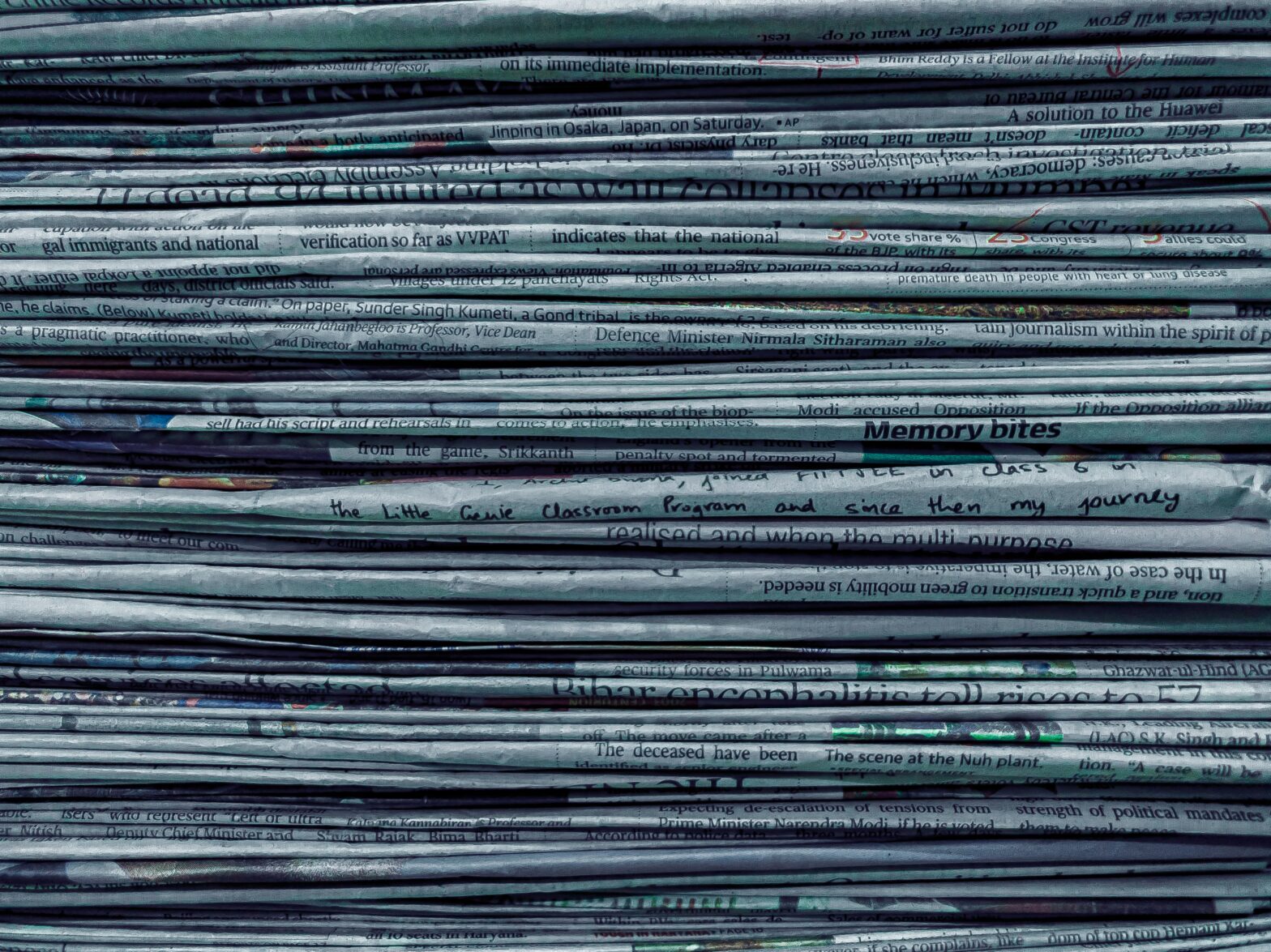The Factual’s media literacy scholarship was open worldwide between March-May 2020. Over 100 entries were received in the high school category. The essay prompt was: ““In the digital age, access to information has broken down countless barriers. However, it has also provided the platform for disinformation to spread, leaving it up to the audience to determine what to believe. What does it mean to you to be ‘informed’?” Dwayne Miller Jr.’s essay was awarded honorable mention in the high school category.
In contemporary society, technology has broken down a myriad of barriers and made information easily accessible. However, the ease with which information has become accessible has created a platform for disinformation to spread rapidly. In an era where nearly any data point is at our fingertips, it’s increasingly difficult to separate fact from fiction. The result is an overcrowded information space primed for a hostile takeover. The digital battlefield involves thousands of voices, each cluttering up reality just enough that it can be nearly impossible to effectively communicate, gain trust, and persuade. In 2020, being informed means using multiple quality sources to educate yourself about the event occurring in our society.
Political thinkers have long claimed that a well-informed citizenry is a vital requisite for our survival as a free people. The idea is clear: If we as citizens are going to make indirect decisions about policy, we need to know the facts about the problem the policy is meant to solve, and be able to gain understanding about how effective that policy would be. In the larger sense, if we are going to decide who runs the country, we need to know the facts about the candidates’ records. The importance of information in the political landscape, and the fear that it can be manipulated, is very prevalent in society.
So if the ideal of having a well-informed citizenry requires having more information available for uptake, there is a case for saying that we are now closer than ever to realizing that goal. However, the Internet is the source behind the increase in available information. The Internet serves as both the world’s best fact-checker and the world’s best bias confirmer.The problem is that having more information available is not what is necessary to meet the goal of having a well-informed citizenry. What is required is that people actually know and understand the information. The violability of the accuracy of the information on the internet leads me to believe that we are no closer to an informed citizenry. In fact, we might be further away. One reason for thinking so is that searching the Internet can get you to information that would back up almost any claim of fact, no matter how unfounded. As I stated before, it is both the world’s best fact-checker and the world’s best bias confirmer, often at the same time.
And the flow of digital information is just as prone to manipulation as its content. Even when that flow is directed at an audience larger than our own immediate circle. That’s why the real worry here isn’t about the regrettable if obvious fact that citizens are less informed than our ideals demand. Nor is it simply the amusing specter of candidates’ shouting competing Googling instructions at the audience like so many carnival barkers. The real worry concerns our faith in the ideal of an informed citizenry itself. That worry, as I see it, has two faces.
Financial advisors recommend to investors to diversify their investment portfolio. That way investors are less vulnerable to one of their investments crashing and causing them to lose all of their capital. The same thing applies to sources of information. We should all aim to have a diverse information portfolio. A diverse information portfolio means obtaining your information from a variety of unique sources such as CNN, FOX, NPR, NY Times, Forbes, etc. Whenever we hear a headline, or watch a specific news segment. We should find multiple other sources that cover the same subject.
Just as investors who diversify their portfolio are less vulnerable, so are individuals who diversify their information portfolio. Most news outlets are biased. Media bias is the bias or perceived bias of journalists and news producers within the mass media in the selection of many events and stories that are reported and how they are covered. This means when events are
reported, specific media outlets report them from a perspective that aligns with their ideologies and beliefs. This bias can only be negated when our information is obtained from several media outlets. Doing this enables us to learn about events from multiple perspectives and develop our own perspectives that are free from the inherent bias of one particular outlet.
The ideal of having an informed citizenry seems like a pipe dream in current society. In order to achieve this ideal we need to create a culture where it is the norm of most citizens to have a diverse information portfolio. Until this is the norm, we will be failing our duty as citizens and keep electing the wrong politicians.

